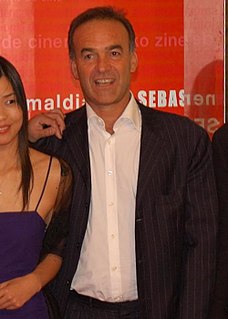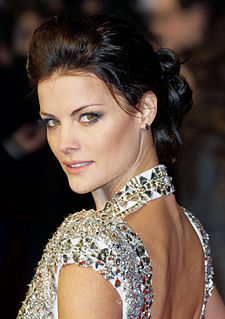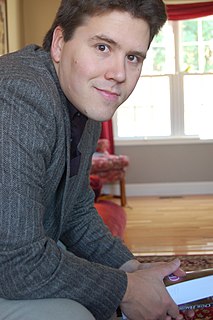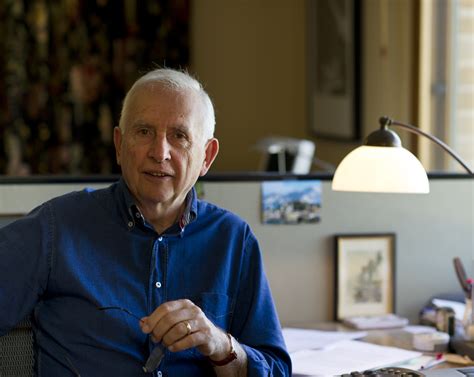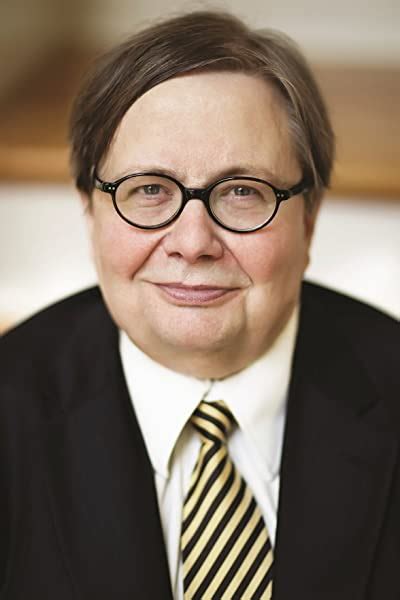A Quote by Ai Weiwei
If you just turn to your paper or television each day, there are thousands of stories that are much more shocking than the gallery artworks.
Related Quotes
What's been important in my understanding of myself and others is the fact that each one of us is so much more than any one thing. A sick child is much more than his or her sickness. A person with a disability is much, much more than a handicap. A pediatrician is more than a medical doctor. You're MUCH more than your job description or your age or your income or your output.
Television in the 1960s & 70s had just as much dross and the programmes were a lot more tediously patronising than they are now. Memory truncates occasional gems into a glittering skein of brilliance. More television, more channels means more good television and, of course, more bad. The same equation applies to publishing, film and, I expect, sumo wrestling.
We’re Bible-thumpers who just happened to end up on television. You put in your article that the Robertson family really believes strongly that if the human race loved each other and they loved God, we would just be better off. We ought to just be repentant, turn to God, and let’s get on with it, and everything will turn around.
You know so many documentaries now are very carefully scripted before you start, and then people are sort of put in chairs which are beautifully lit, and they tell their stories and you do that with another 10 people and you then construct a story from what they say. You do a sort of paper thing, and then you put some images in-between, and that's your film. And that's so not what I think is a good documentary. It can be so much more than that, it should be much more of an adventure and much more uncertain... like real things are.
This is what I give. I give an expression of care every day to each child, to help him realize that he is unique. I end each program by saying, 'You've made this day a special day by just your being you. There's no person in the whole world like you. And I like you just the way you are.' And I feel that if we in public television can only make it clear that feelings are mentionable and manageable, we will have done a great service.
I did a good bit of episodic television directing, but directing a movie is so much more complicated. And there's so much more responsibility because the medium is very much a director's medium. Television is much more of a producer's writer's medium so a lot of the time when you're directing a television show they have a color palette on set or a visual style and dynamic that's already been predetermined and you just kind of have to follow the rules.
Ghostly legends dot the Prairie State from its big cities to its small towns. These stories make each community unique in a way that no other landmark ever could But Michael Kleen understands that these ghosts are more than just stories. As a folklorist and historian, Kleen shows readers the connection between our past and our present. Haunting Illinois is more than just a ghostly travel guide, it’s an adventure offering new insight on the haunts you know, but also takes you on a trip to the spirits in your own backyard.
There's a lot of great writing, and characters, and stories being told in television nowadays. And much more than there used to be. The opportunities to tell stories, because of the opportunities to show content. And so it's drawing actors from cinema, movie actors, actors to where there's a lot of opportunities to where you can tell stories.








